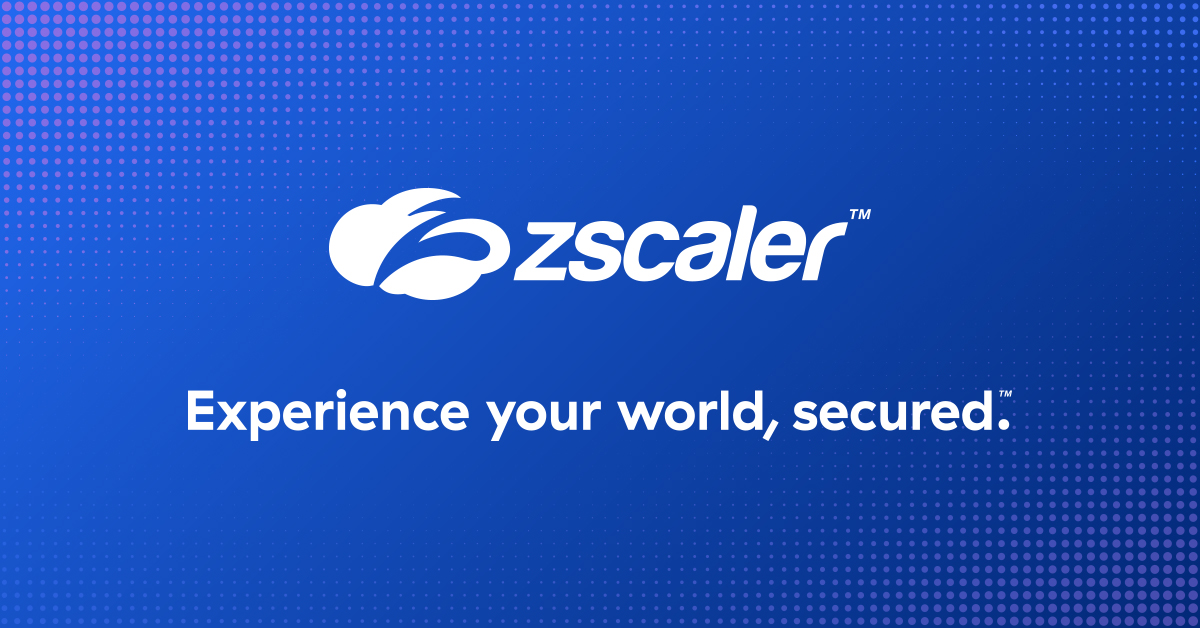Post Content
Small enterprises might have a false sense of security, but, despite perceptions, they are just as vulnerable to cyberattacks as big businesses.
According to Statista, in 2020 around a third of small business executives in Switzerland considered their company’s risk of a low-level cyberattack to be very small, and only two percent believed they were at great or very great risk of an attack big enough to close their doors.
Although they set up their business operations digitally, many small business leaders still aren’t prioritizing building defenses against cyber attacks. This is primarily due to a lack of expertise and resources – there is simply not enough time and staff to take care of internet security in addition to having to handle the ongoing operation of the micro-enterprise. This is a dangerous approach, as almost a third (31 percent) of Swiss small businesses fell victim to a cyberattack at least once in 2022, according to the annual survey by gfs-Zurich.
An economic factor at risk?
Small businesses are an important economic factor to any country. Across Europe, 60-70 percent of the gross domestic product is generated by SMEs, and more than 20 million people are employed by companies with fewer than ten employees.
At first glance, an attack on a large company may therefore seem more lucrative for cybercriminals who can extort millions of dollars in ransomware demands. But smaller companies are equally at risk because they are generally an easier target for cyberattacks. In many cases, their lack of protective measures to block malware from infected websites, phishing emails or man-in-the-middle attacks effectively leave their doors open to attackers.
In order for small businesses to take more preventive measures to protect their operations, today’s cybersecurity solutions must be better tailored to their needs. And this means making the entry barriers as low as possible. Ultimately, the deciding factors in the purchasing process for a business are the same as for an individual. They are looking for a solution that enables a quick and simple deployment – that follows the motto: “I call, I click, I use.”
Those managing small businesses don’t have the time to spend on lengthy contract discussions, nor do they have the resource for regular security maintenance and updates – which is why they look to others to help. Many companies are already used to having their telecommunications provider oversee their connectivity needs in this manner. Now, with digital transformation taking connectivity into the cloud, it makes sense for telecommunications providers to team up with their cloud security counterparts to efficiently secure the economic factor of SMEs.
Security made visible
In partnership with Zscaler, telecommunications provider Swisscom has developed an online-office solution that’s tailored to SMEs: InOne SME. This solution offers micro-enterprises with up to ten employees the same level of internet security that large corporations around the world receive.
Before getting started, SMEs can do a security audit online, carrying out an end-to-end assessment of their digital landscape at the click of a button. The audit reveals where the main gaps in protection exist, enabling the SME to focus on those areas first, adding additional security features as and when budget allows, or their needs expand.
Via Swisscom’s self-service portal, SMEs are empowered to close identified security gaps quickly and easily, simply by adding their chosen security package as a monthly service to their existing internet or mobile phone contract. A Client Connector is provided, ensuring that all data streams connecting to the business are routed through the Zscaler Cloud for security checking. Malware, phishing attempts, and other cyber threats are detected and intercepted before they reach users’ devices.
This solution also gives SMEs the advantage of the ‘cloud effect’. If a newly emerging cyber threat is detected in the Zscaler sandbox anywhere around the globe, all users worldwide are automatically protected from this danger. Such a service is particularly beneficial for small companies, who can just leave their security running in the background, safe in the knowledge that their protections are as up to date as possible, and they can focus all their attention on growing their business without worry.











